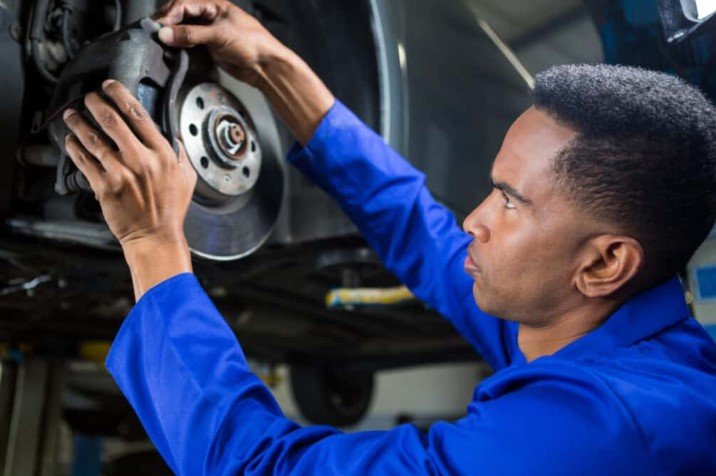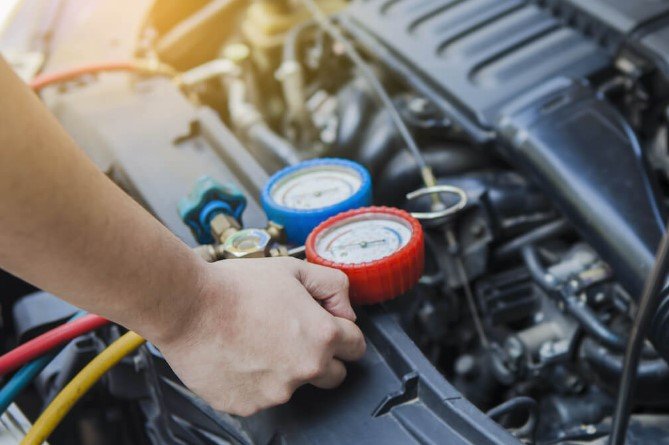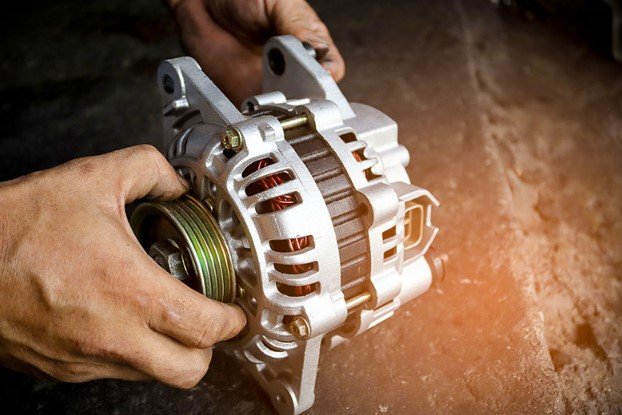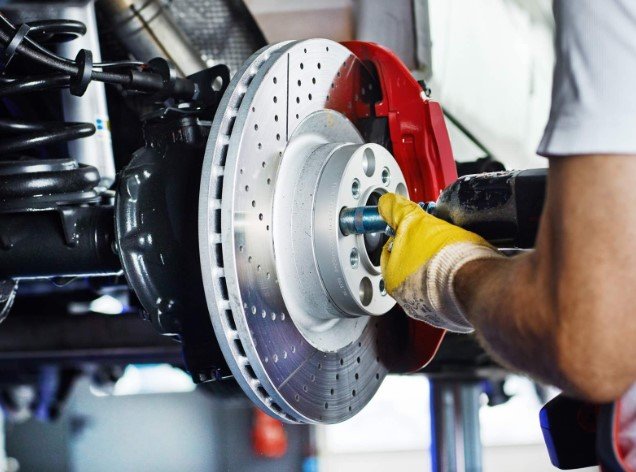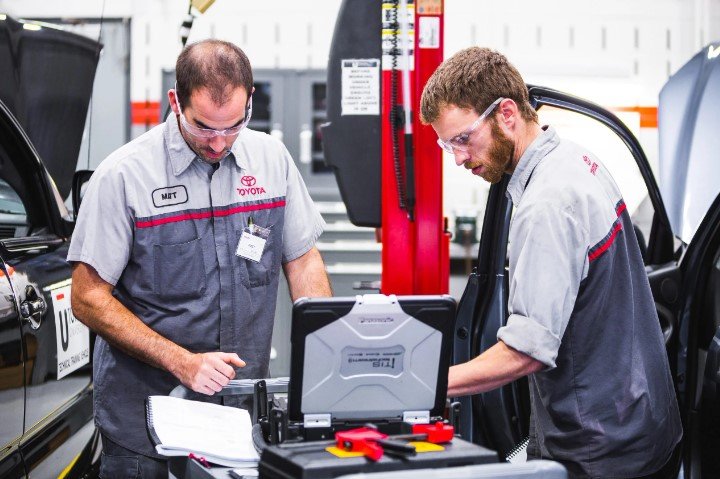
Toyota Vehicles maintenance
Introduction
If you have a Toyota, you’re already driving one of the most reliable vehicles on the road. But even the most durable cars need regular maintenance to keep them running smoothly. In this article, we’ll delve into the world of Toyota maintenance, exploring why it’s essential, common tasks, signs your Toyota needs attention, and much more.
Importance of Regular Maintenance
Regular maintenance is the key to keeping your Toyota in top-notch condition. By following the recommended maintenance schedule, you can prolong the lifespan of your vehicle, prevent costly repairs, and ensure optimal performance on the road. Neglecting maintenance can lead to decreased fuel efficiency, safety hazards, and even engine failure.
Common Maintenance Tasks for Toyota Vehicles
Toyota vehicles require regular upkeep to maintain their reliability and performance. Some common maintenance tasks include:
Oil Change: Regular oil changes are crucial to lubricate the engine and prevent wear and tear.
Tire Rotation: Rotating tires ensures even wear and extends tire life.
Brake Inspection: Regular brake inspections help detect issues early and ensure safe braking.
Fluid Checks: Checking and topping up fluids like coolant, brake fluid, and transmission fluid is essential for optimal performance.
Signs Your Toyota Needs Maintenance
Keep an eye out for these signs that indicate your Toyota needs maintenance:
- Dashboard warning lights
- Strange noises or vibrations
- Decreased fuel efficiency
- Difficulty starting the engine
DIY Maintenance Tips
While some maintenance tasks require professional attention, there are several things you can do yourself to keep your Toyota in top shape:
Checking Fluid Levels: Regularly check and top up fluids like oil, coolant, and windshield washer fluid.
Changing Air Filters: Replace dirty air filters to improve engine performance and fuel efficiency.
Inspecting Belts and Hoses: Check for signs of wear and tear on belts and hoses and replace them if necessary.
Benefits of Professional Maintenance Services
While DIY maintenance is essential, professional services offer several benefits:
- Expertise and experience
- Access to specialized tools and equipment
- Comprehensive inspections
Cost of Toyota Maintenance
The cost of maintaining a Toyota varies depending on factors like the model, age, and mileage of the vehicle. Routine maintenance tasks like oil changes and tire rotations are relatively inexpensive, while major repairs can be costly.
Warranty Coverage and Maintenance
Many Toyota vehicles come with warranties that cover certain maintenance services for a specified period. It’s essential to understand what’s included in your warranty and follow the manufacturer’s recommendations for maintenance.
Hybrid Toyota Maintenance Considerations
Hybrid Toyotas have unique maintenance needs due to their dual powertrain systems. Owners should follow the manufacturer’s recommendations for servicing the hybrid components in addition to regular maintenance tasks.
Toyota Maintenance Schedule
Following a regular maintenance schedule is crucial for keeping your Toyota in peak condition. Consult your owner’s manual or speak to a dealership service advisor to create a maintenance plan tailored to your vehicle.
Environmental Impact of Proper Maintenance
Proper maintenance not only benefits your Toyota but also the environment. Regular tune-ups and inspections help reduce emissions and improve fuel efficiency, contributing to a cleaner planet.
Safety Aspects of Regular Maintenance
Maintaining your Toyota isn’t just about preserving its performance—it’s also about ensuring your safety on the road. Regular inspections and maintenance help prevent accidents by addressing potential issues before they become hazards.
Advanced Maintenance for High-Mileage Toyotas
As Toyotas age and accumulate mileage, they may require more advanced maintenance to keep them running smoothly. This includes replacing worn components, addressing leaks, and performing thorough inspections.
Future Trends in Toyota Maintenance
With advances in technology, the future of Toyota maintenance looks promising. From predictive maintenance systems to more efficient servicing methods, owners can expect even greater convenience and reliability in the years to come.
Conclusion: Keeping Your Toyota Running Smoothly
Regular maintenance is the cornerstone of owning a Toyota. By staying proactive and following the recommended maintenance schedule, you can enjoy years of reliable performance and peace of mind on the road.
FAQs
- How often should I change the oil in my Toyota?
- It’s generally recommended to change the oil in your Toyota every 5,000 to 7,500 miles, but check your owner’s manual for specific guidelines.
- Do I need to take my Toyota to a dealership for maintenance?
- While dealerships offer expertise in servicing Toyota vehicles, independent mechanics can also provide quality maintenance.
- What’s included in a typical Toyota maintenance service?
- A typical maintenance service may include an oil change, tire rotation, fluid checks, brake inspection, and multi-point inspection.
- Can I perform maintenance on my Toyota hybrid myself?
- While some basic maintenance tasks can be performed by owners, hybrid systems require specialized knowledge and equipment, so it’s best to consult a professional.
-
How can I save money on Toyota maintenance?
- Regular maintenance can actually save you money in the long run by preventing costly repairs. Additionally, staying on top of DIY tasks like fluid checks and filter replacements can help minimize expenses.
